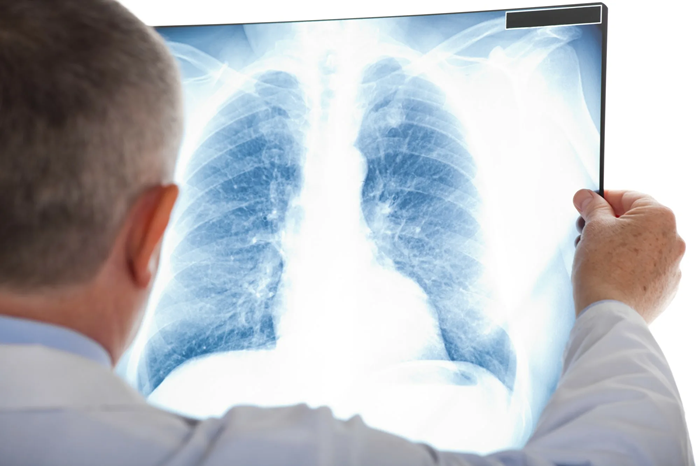Pneumonia, or inflammation of the lungs (Pneumonia) is a type of acute respiratory infection that affects the lung tissue. The lungs consist of small sac-like formations (alveoli), which should be filled with air during the act of breathing of a healthy person.
In pneumonia, the alveoli are filled with fluid (exudate) and pus, which impair gas exchange.
Community-acquired pneumonia (CAP) is an acute infectious disease, especially common among city dwellers. According to statistics provided by various authors, about 1,500,000 people fall ill with pneumonia in Russia every year. In the structure of mortality, pneumonia accounted for up to 50% in Russia in 2015 (in the group of respiratory diseases), in 2016, mortality from this disease reached 21 per 100 thousand residents.
Pneumonia can be caused by many different microorganisms. Many of them are transmitted from person to person, but not everyone develops pneumonia when exposed to the same germs.
Viruses and bacteria that cause pneumonia can be spread by airborne droplets and by contact with other people. Fungal pneumonia usually occurs when people inhale microscopic particles of fungus from the environment.








